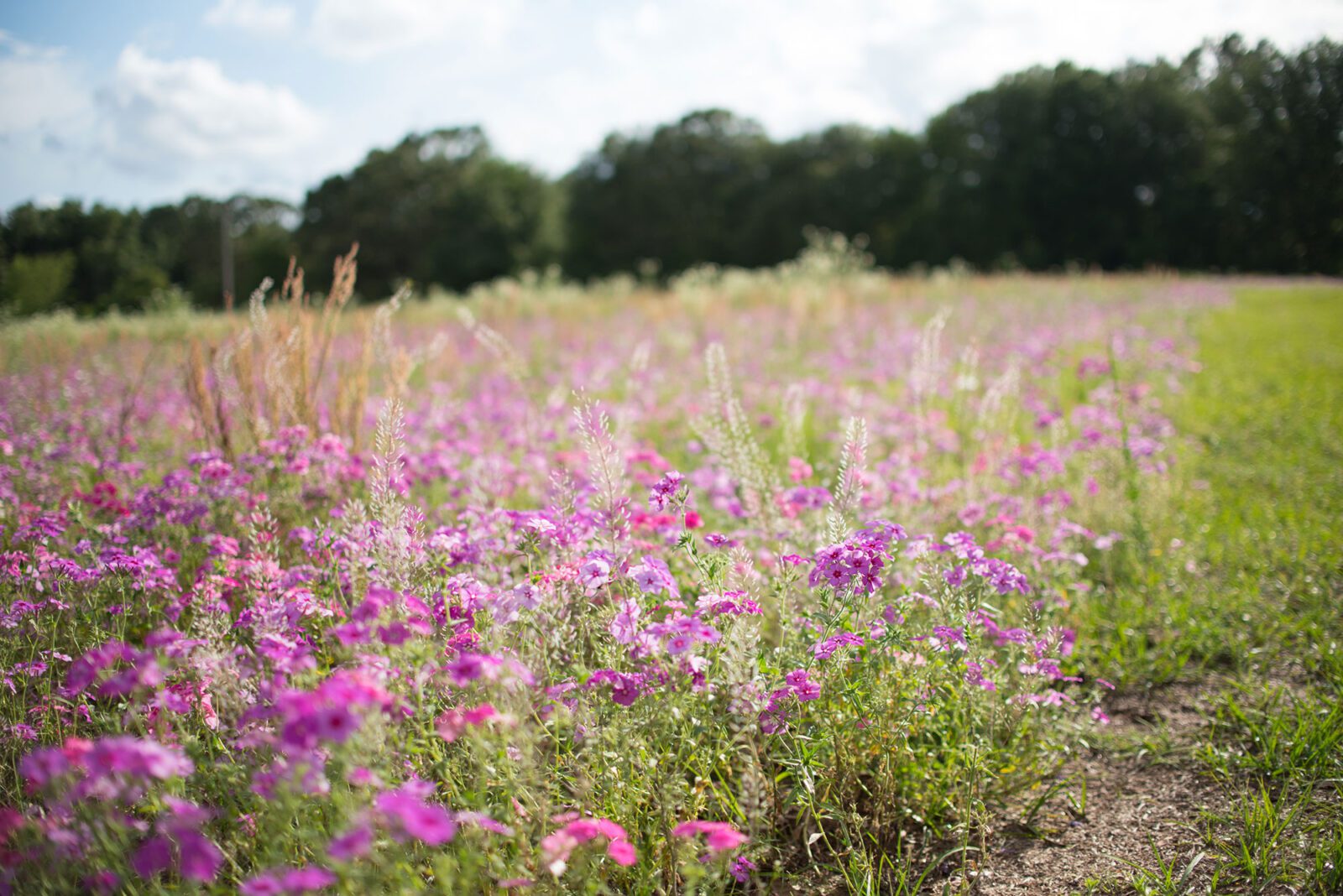
The Need-to-Knows for a Happy Nose
By Deborah Holmen, M.Ed., NBCT
Springtime in Greater Gainesville is a vibrant and beautiful season when nature awakens and flowers bloom. However, this time of year can be a miserable experience for many individuals, as it also brings with it the onslaught of seasonal allergies. There are numerous ways to prevent and manage the symptoms of these pesky allergies, ensuring that this time of year remains enjoyable for everyone.

Pollen is among the most common allergens during the April/May allergy season. As the trees release pollen into the air, it becomes nearly impossible to evade its clutches. Pollen allergies can cause various symptoms, including sneezing, itching, wheezing and nasal congestion.
Another allergen to be mindful of during this time is mold. As the weather warms up, mold grows and releases spores, exacerbating allergy symptoms for those sensitive to it.
No Color, No Problem
Dr. Brian Kerr, an Ear Nose Throat specialist at Accent ENT, says, “It is helpful for people to learn the difference between various symptoms they may be having. Many people confuse allergy symptoms with chronic sinus infections or sinusitis. They can become chronic if you don’t stay ahead of the allergy symptoms. Chronic allergies can typically be associated with chronic sinusitis, a secondary infection. When the sinus pathways are inflamed for a prolonged period, they become infected. The mucus they produce is not clear but colorful. People with chronic sinusitis can also experience headaches and pressure in the face. If they aren’t sure which one it could be, that is where we come in,” he said.
“Understanding the difference between allergy symptoms and sinusitis helps patients know how to combat it. The allergy symptoms listed above can make you feel bad. Facial pressure and headaches with no drainage are more on the headache spectrum, so we help to discern their illness.”
Getting One Step Ahead
Taking preventative measures to combat the troublesome effects of allergies is crucial.
Kerr suggests avoiding allergies by being consistent morning and night. “Nasal irrigation can be a huge benefit,” said Kerr. “Irrigation devices like the Neti pot or squeeze bottles with a saline solution can flush out the nasal passages by flowing in on one side and flowing out of the other side of the nostril, helping lower inflammation and keep nasal passages clear.”
Kerr suggests several over-the-counter medications that can provide relief during allergy season. “Antihistamines are popular as they block the histamines released during an allergic reaction, reducing symptoms such as sneezing and itching. Nasal sprays can also help relieve nasal congestion and reduce inflammation in the nasal passages. We also have immunotherapy to help desensitize the body to the allergens, and shots and under-the-tongue medications that can help relieve symptoms. The key is consistency in taking the medicine,” he said.
Medication-free Management
One of the simplest ways to prevent allergies is to avoid exposure. Stay indoors on days with high pollen or mold counts, especially during the early morning and late afternoon when these allergens are most prevalent. It is also advisable to keep windows closed and use air conditioning to filter out the allergens from the air.
Maintaining good hygiene practices can be immensely helpful in managing allergies. Regularly washing hands and face can help remove allergens that may have settled on the skin or nasal passages. Additionally, washing clothes and bedding frequently in hot water can help eliminate any allergens brought indoors.
For those who prefer a more natural approach, various herbal remedies and alternative therapies are available. Some find relief through herbal supplements such as butterbur, nettle and quercetin, which are believed to possess anti-inflammatory properties that can alleviate allergy symptoms.
Consulting with a healthcare professional for personalized advice and treatment options is essential. They can prescribe stronger medications, allergy shots or immunotherapy if over-the-counter remedies are insufficient to manage symptoms.
While the April/May allergy season can be challenging for allergy sufferers, armed with the proper knowledge and tools, it is possible to minimize the impact of seasonal allergies. By taking preventative measures, utilizing medications and exploring natural remedies, individuals can enjoy the beauty of spring without the discomfort of sneezing and wheezing.



